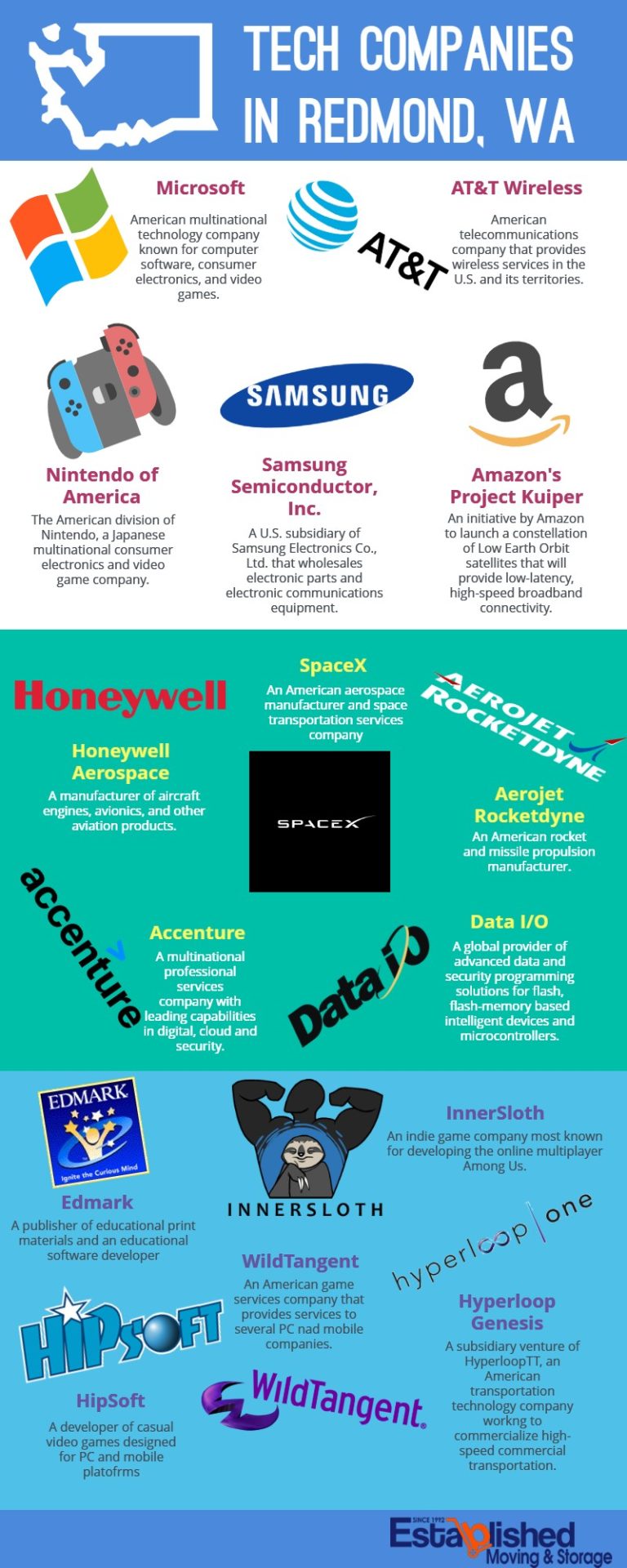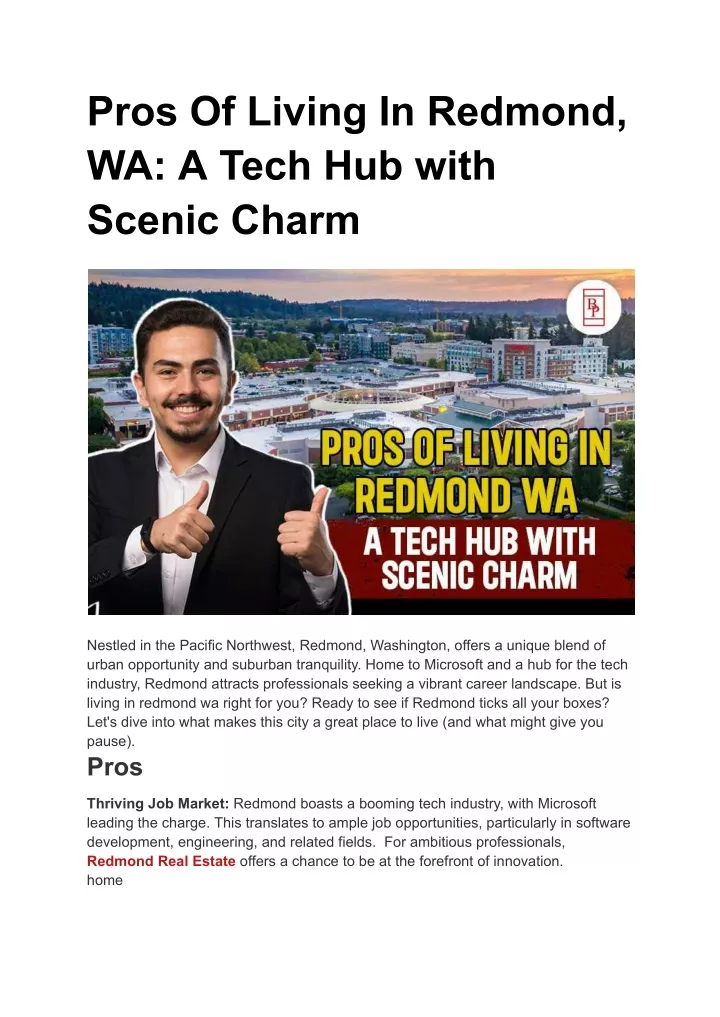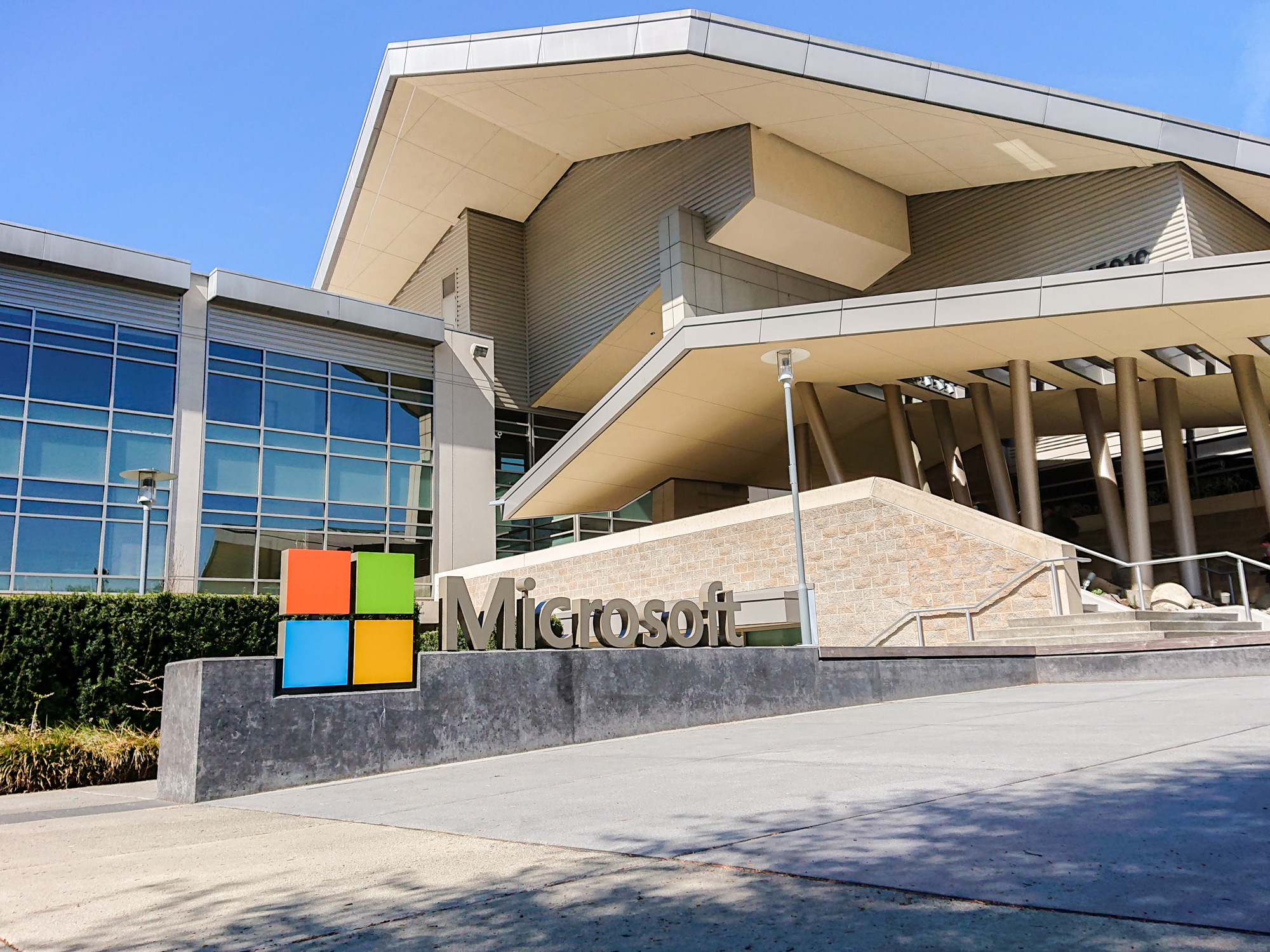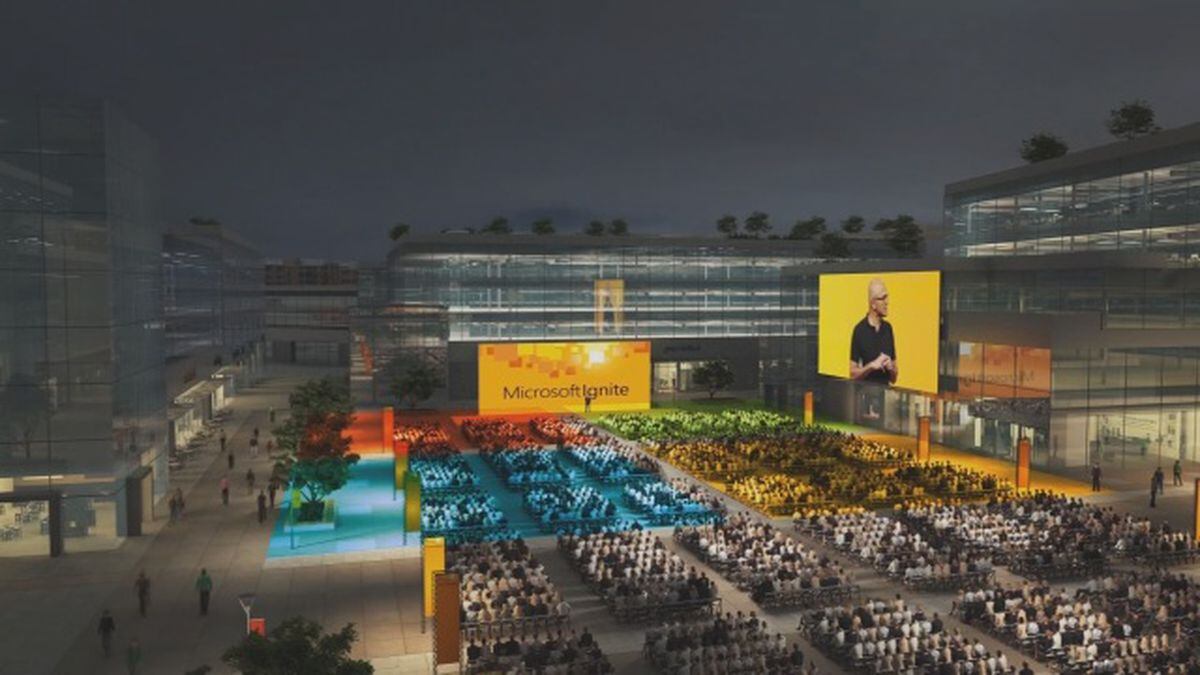Redmond, Washington: A Technological Hub and Its Geographic Context
Related Articles: Redmond, Washington: A Technological Hub and Its Geographic Context
Introduction
In this auspicious occasion, we are delighted to delve into the intriguing topic related to Redmond, Washington: A Technological Hub and Its Geographic Context. Let’s weave interesting information and offer fresh perspectives to the readers.
Table of Content
Redmond, Washington: A Technological Hub and Its Geographic Context

Redmond, a city located in King County, Washington, is renowned globally for its significant role in the technology sector. Its prominence stems primarily from its association with Microsoft, whose headquarters are situated within its city limits. This concentration of technological expertise has fostered a vibrant and dynamic economy, attracting a diverse population and shaping the city’s unique character. Understanding Redmond requires examining both its technological contributions and its geographical position within the greater Puget Sound region.
Geographically, Redmond sits within a relatively flat area of the Puget Sound lowlands, characterized by rolling hills and abundant evergreen forests. Its proximity to Lake Sammamish provides a significant natural amenity, influencing the city’s development and offering recreational opportunities for residents and visitors. This advantageous location, situated east of Seattle, benefits from relatively easy access to major transportation arteries, including Interstate 90 and several state highways. This excellent connectivity facilitates efficient movement of goods, services, and people, contributing to the city’s economic vitality. The region’s temperate climate, characterized by mild winters and relatively dry summers, further enhances its appeal as a desirable place to live and work.
The city’s growth has been intrinsically linked to the expansion of Microsoft. The company’s presence has spurred the development of supporting industries, attracting a skilled workforce and creating a thriving ecosystem of technology-related businesses. This has resulted in a concentration of expertise in software development, hardware manufacturing, and related fields. The resulting economic activity has significantly impacted the city’s infrastructure, leading to the construction of modern office buildings, residential developments, and supporting amenities. This economic engine has also attracted significant investment in education and research institutions, further reinforcing the technological expertise within the region.
Beyond Microsoft, Redmond boasts a diverse economic base. While technology remains the dominant sector, the city also supports a range of other industries, including retail, healthcare, and hospitality. This diversification mitigates the risks associated with over-reliance on a single industry, promoting a more resilient and sustainable economy. The city’s planning efforts have focused on fostering this diversity, encouraging the development of a mixed-use environment that caters to the needs of both residents and businesses.
The city’s infrastructure reflects its rapid growth and commitment to sustainability. Significant investments have been made in transportation networks, including public transportation systems and cycling infrastructure. Efforts to improve energy efficiency and reduce the city’s carbon footprint are also ongoing. These initiatives are designed to ensure that Redmond’s growth is managed responsibly, preserving its natural environment and improving the quality of life for its residents. The city’s commitment to sustainability is a key factor in attracting and retaining a highly skilled workforce.
Frequently Asked Questions:
-
What is Redmond’s primary industry? Technology, particularly software development, is the dominant industry, largely driven by the presence of Microsoft.
-
What is the population of Redmond? The population fluctuates, but it consistently ranks among the larger cities in King County. Specific population figures should be sourced from official census data.
-
What are the major transportation options in Redmond? Access to Interstate 90, state highways, and public transportation systems, including buses, are readily available.
-
What is the cost of living in Redmond? The cost of living in Redmond is generally considered higher than the national average, reflecting its proximity to Seattle and the strong job market.
-
What are the recreational opportunities in Redmond? Lake Sammamish offers various recreational activities, including boating, swimming, and walking trails. Numerous parks and green spaces are also available throughout the city.
Tips for Visiting or Relocating to Redmond:
-
Research transportation options: Familiarize oneself with the public transportation system and traffic patterns before traveling or relocating.
-
Explore housing options: The housing market can be competitive; early planning and research are crucial for finding suitable accommodation.
-
Consider the cost of living: Budgeting for the higher cost of living compared to national averages is essential.
-
Take advantage of recreational opportunities: Explore the natural beauty of Lake Sammamish and the city’s parks.
-
Network within the technology community: For those seeking employment in the technology sector, networking can be beneficial.
Conclusion:
Redmond’s unique blend of technological innovation and natural beauty contributes to its significance as a thriving city in the Pacific Northwest. Its success is a result of strategic planning, a robust economy driven by technological expertise, and a commitment to sustainability. The city’s future prospects remain bright, driven by ongoing technological advancements and a dedication to creating a vibrant and welcoming community for residents and businesses alike. Further research into specific aspects of Redmond’s economy, demographics, and infrastructure will provide a more nuanced understanding of its complex and dynamic character.








Closure
Thus, we hope this article has provided valuable insights into Redmond, Washington: A Technological Hub and Its Geographic Context. We appreciate your attention to our article. See you in our next article!